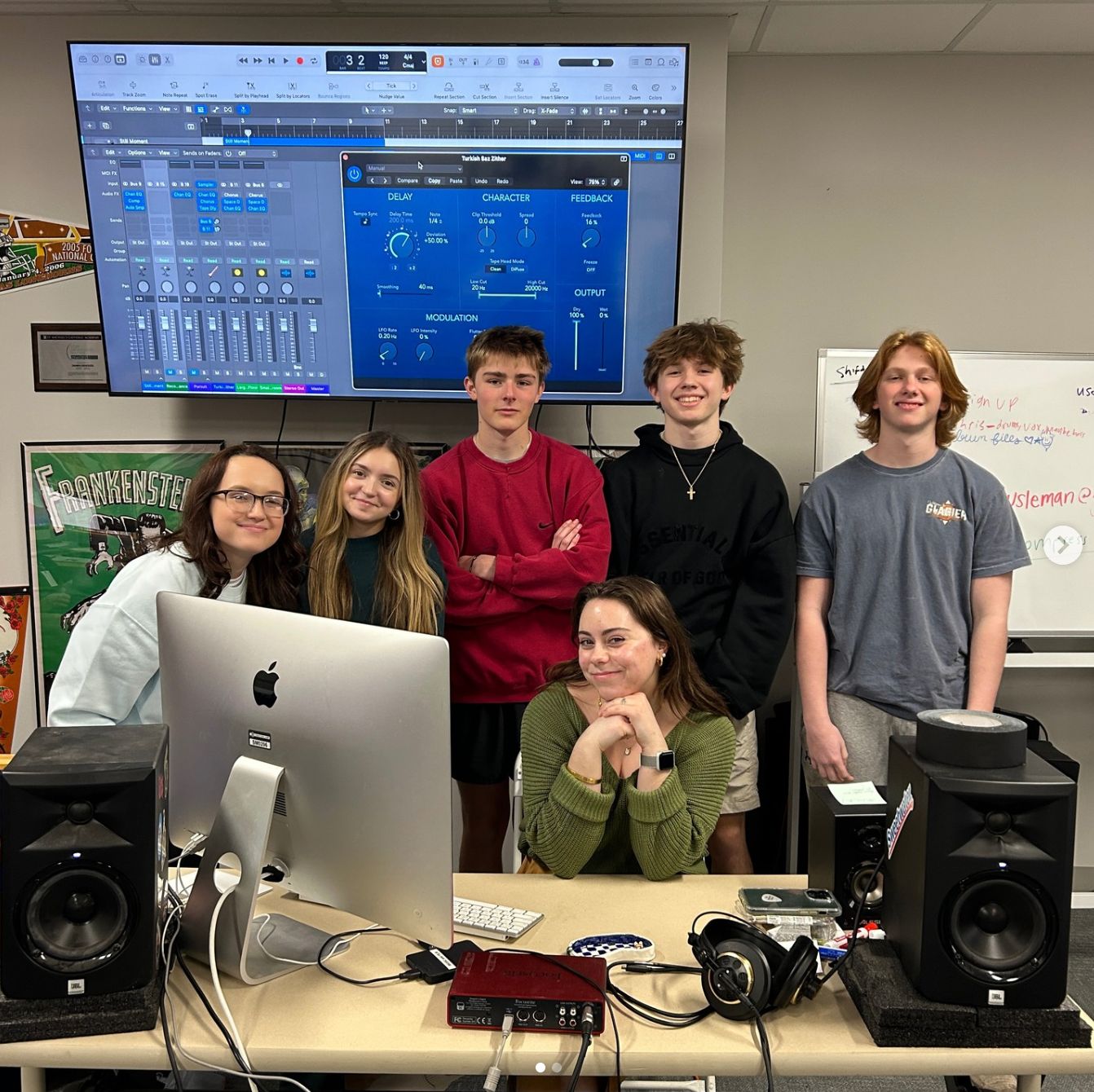Community, Leadership, Experimentation, Diversity, & Education
Pittsburgh Arts, Regional Theatre, New Work, Producing, Copyright, Labor Unions,
New Products, Coping Skills, J-O-Bs...
Theatre industry news, University & School of Drama Announcements, plus occasional course support for
Carnegie Mellon School of Drama Faculty, Staff, Students, and Alumni.
CMU School of Drama
Friday, April 12, 2024
The Next Generation
SoundGirls.org: Amidst my post-graduate pursuit of a career in audio, I was recently allowed to act as a short-term educator at St. Michael’s Academy, where the film and music programs are both about as refined as can be for a pre-collegiate setting. It was an exciting chance to share my love for audio with a new generation of high school students who were just beginning to explore the field.
Subscribe to:
Post Comments (Atom)

4 comments:
I loved this article! In my experience, there were not a lot (see: basically zero offerings) of entertainment tech specific classes and experiences in my and my friend’s high schools, so seeing an educator go specifically to a school to teach a (short-term) class on a more focused area like sound for movies and TV is really exciting and inspiring. For me, it was getting the chance to apprentice with professionals in theater towards the end of high school that really helped me grasp more of what the industry is, and that I really wanted to try and pursue a career in it. These experiences, while they can be short, can be incredibly fulfilling and important for the students. While I know this is just one school and one short program, I hope that we see other schools take the time to teach more ‘niche’ fields like this one to let their students see more of the breadth of what they can pursue across industries.
I thought this article was super interesting and I really liked the way the author brought the reader along with her teaching journey. I was very happy when she admitted that she did not know exactly what to teach or the best way to teach it, and reacted and changed plans based on the reactions of the students. I see many teachers who will plan lessons very far ahead, leaving no time to explore additional topics and also creating issues if students are to fall behind. Additionally, I think the casual nature of these classes is a very good thing. I personally find it much more difficult to learn when I am only being lectured than when I am learning hands-on while in conversation with the teacher. I think a lot of the classes at CMU do a good job of this and contribute to a positive learning environment.
One of the fallacies in thinking that is easiest to get caught up in is the idea that because you know more, or know more technical terminology, that means that you know all ways in which an idea can be turned into reality because you’ve experienced a lot, but gotten caught up in that experience and lost sight of experimentation. With this mindset, it’s easy to get stuck because you don’t necessarily have the ability to deconstruct your thinking. It’s a skill that you need to re-teach yourself. As someone who went to school in somewhere where our production budgets were often 100 dollars and a roll of duct tape, this is definitely something I have experienced both sides of, because even there it’s possible to become set in your ways enough to encounter blocks, unless you actively challenge yourself to strip problems down into their base components. I think that this is the best thing about teaching people with no prior experience- they have no biases that cloud their judgment and no sense of how things have been done previously, which is almost always illuminating.
This is a pretty cool article. It’s neat to see how more and more areas of the arts are reaching young adults at an earlier age. There are probably more than a few people here in our drama community whose only experiences with theater came from extracurriculars. Of course, there’s nothing wrong with this, but it’s better that students are exposed to different things in professional (classroom) settings. At the same time, it’s good that Usleman’s class isn’t super intense – they are just high schoolers in an elective class. The flexibility of the course is really condusive to learning about the arts. I know that, at least in my experience, a tech theater (or even just a theater) related class would’ve been hugely beneficial to my understanding of theater as an industry before I decided to go to Carnegie Mellon. I don’t know if it would’ve changed my decision, but it definitely would’ve influenced it.
Post a Comment